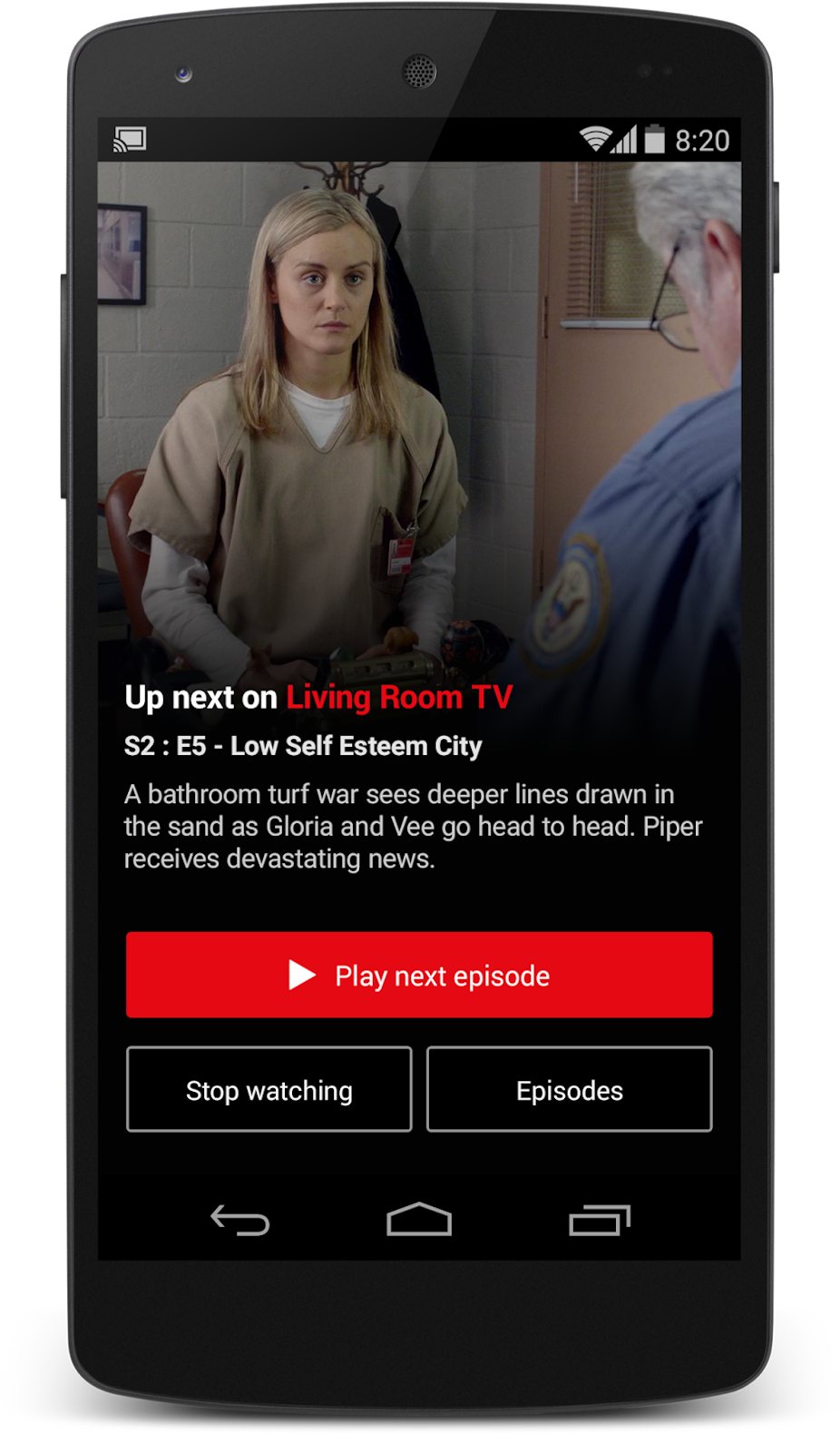As Internet service providers – both wired and wireless – continue to lose ground in the net neutrality debate, they have retreated to engineering requirements rather than economic arguments. Where previously it was all about incentives to invest in infrastructure – arguments that don’t hold up by the way – or the sufficiency of competition – for which the arguments are even weaker – now it is about “network management.”
In Vox today, Timothy B Lee put forward what he regarded as “the best case” as to why net neutrality shouldn’t apply to cellphone networks. This argument was that capacity on wireless networks is highly variable and congestion is possible. For that reason, cell phone carriers should be allowed to restrict demand at high-volume times, especially for bandwidth-heavy applications. That means that what you want to do is de-prioritize applications for which time is not of the essence. So if you are downloading a video, you can surely wait a little longer, while if you are on a video or audio call, you can’t.
This isn’t unusual in congested industries. For instance, when electricity networks become congested, since it is hard to ration usage at the dwelling level, sometimes customers get cut off. However, larger customers – who can be given notice and instructed to reduce their demand – often sign contracts with electricity companies that give them lower electricity rates overall in return for being interruptible.
The same could apply to certain applications or websites. A mobile carrier may want to give them lower carriage charges with the caveat that they can be interrupted. That would be all well and good except that the content providers, as they are called, are not the mobile carrier’s customers. Users are. So what you want to do is give users lower data charges for bandwidth-heavy applications on the understanding that they can be interrupted if there is congestion.
Here’s the rub. There is nothing in the net neutrality rules passed today by the FCC that would stop this sort of congestion management contract. What the rules stop is a carrier going to one particular content provider and asking them for blanket payments to ensure that they are not interrupted and their consumers have a better experience. But they don’t stop you going to consumers and saying that they can nominate certain applications that they don’t mind having some interruption on.
For instance, you might like to watch Netflix when you are out and about, but what constrains you now is the overall data charges. Your carrier could say: how about I reduce those charges for Netflix, but, if there is congestion, I will interrupt it.
Notice that, in this situation, Netflix doesn’t really lose if it is the cause of that congestion. This is because it will be interrupted anyway – capacity is capacity, right? However, the deal allows some consumers to find it more affordable to use Netflix when it isn’t likely to be interrupted. Consumer demand shifts around and there is more efficient usage.
The principle here is that the mobile carrier shouldn’t dictate which applications should receive priority. That decision should be delegated to consumers, and, to them, you will have to give them an incentive to change their behavior to assist in network management.
The power of the net neutrality argument comes from its removal of the ability of carriers to dictate specific behavior on content but opens it up for them to provide consumers with the tools and incentives to manage congestion issues should they arise. In the end, the engineering requirements will be met – because they must be – but the power of how they are met will not be concentrated.

